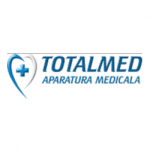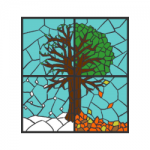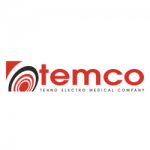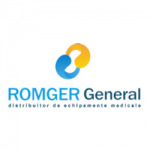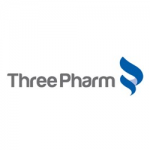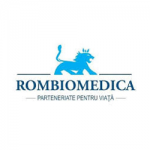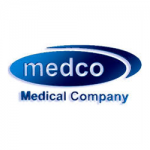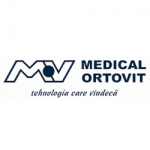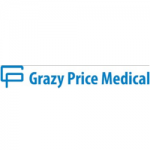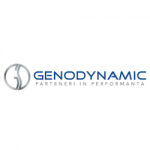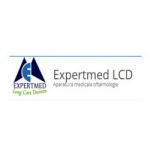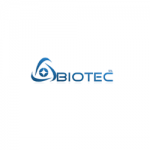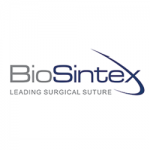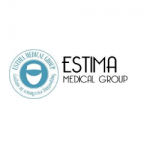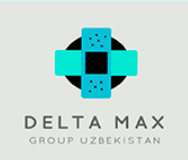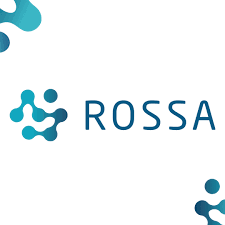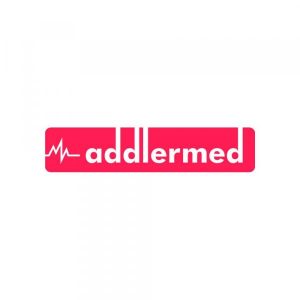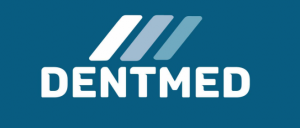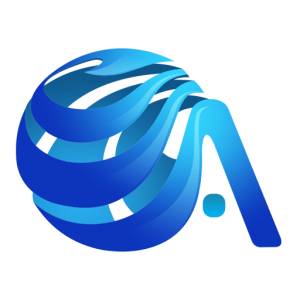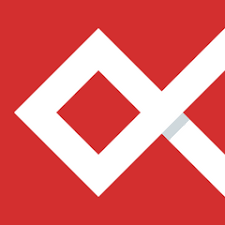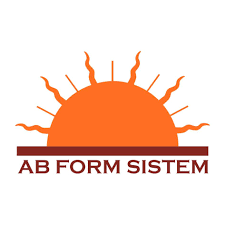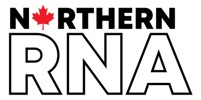
If a company wants to export its products abroad or even open a sales office in the target country, the task is not only to find suitable local contacts that can sustainably support the market entry, but also to master bureaucratic hurdles. For medical products and devices in particular, these processes can be confusing and time-consuming if insufficient information is gathered.
In this blog article, we would like to take a closer look at three different topics that are very relevant for a successful market entry and often present companies with unexpected difficulties.
We will talk about the visa and entry process, the registration process, and different possibilities of financing in Nigeria. Especially for Nigeria, sufficient knowledge about these areas is important, as many processes are clearly different from what one is used to in Germany or Europe in general. This blog post provides an overview of relevant things to keep an eye on and which could be helpful when entering the Nigerian market.
Visa and entry process in Nigeria
In Nigeria, a visa is obligatory for European citizens upon entry. In addition, when entering the country, it must be credibly demonstrated (e.g. by means of a return ticket) that you will leave the country before the visa expires. The visa must be applied for at the Nigerian embassy or consulate before entering the country. An invitation from a person residing in Nigeria is required. Once you have received a visa, it is generally valid for three months, but the duration can vary. This must be clarified with the authorities upon entry.
There is also a “visa on arrival”, but this is only available to certain groups of people. You can find more information about this visa under this link.
Registration process in Nigeria
For the registration of medical devices and pharmaceutical products The National Agency for Food and Drug Administration and Control (NAFDAC) in Lagos or the Standard Organization of Nigeria (SON) is responsible. In principle, every imported medical device must be registered and the responsibility for this process lies with the manufacturer. The registration process takes about 1-2 years, but due to the current Covid 19 pandemic, delays in processing may occur.
However, there is no need to be afraid of the registration process, because if an internationally valid certification, such as SGS, is available, the registration process is mostly unproblematic and easy to manage, as long as the prescribed procedure is followed. A prerequisite for the import of medical or pharmaceutical products is the representation by a local partner on site in Nigeria. We have also created our own blog article for the search for a suitable local partner, which can facilitate the process.
If the registration is successful, the certificate is valid for five years and the company can start exporting the products to Nigeria.
Financing in Nigeria
On the one hand, there is the aspect of everyday life and that of project financing in a commercial context, such as for export projects to Nigeria.
In everyday life, it should be noted that all values over 5000 US dollars must be declared upon entry. In the country’s major cities, such as Lagos, the euro is accepted as a means of payment. It is recommended to take Euro and Dollar in cash with you when travelling to Nigeria. Credit cards should only be used with extreme caution, as credit card fraud is widespread in the country.
There are several options for financing business projects. DEG offers long-term finance and a consultancy service especially for medium-sized enterprises and their local trading partners. This can be particularly helpful for German companies, as a German desk has been set up specifically to support and advise German companies in initiating export activities.
Other financial institutions that provide loans to small and medium-sized enterprises are, among others, KfW Entwicklungsbank, Advans Lafayette Bank and AB Microfinance Bank.
Are you interested in entering the Nigerian healthcare market or another promising market in Africa?
Then we have good news for you! We have been accredited by the Federal Ministry for Economic Affairs and Climate Action as Africa-Consultant. You can apply for a consulting voucher and get 75% of your costs funded. Click on the button to learn all the details about this great offer:


